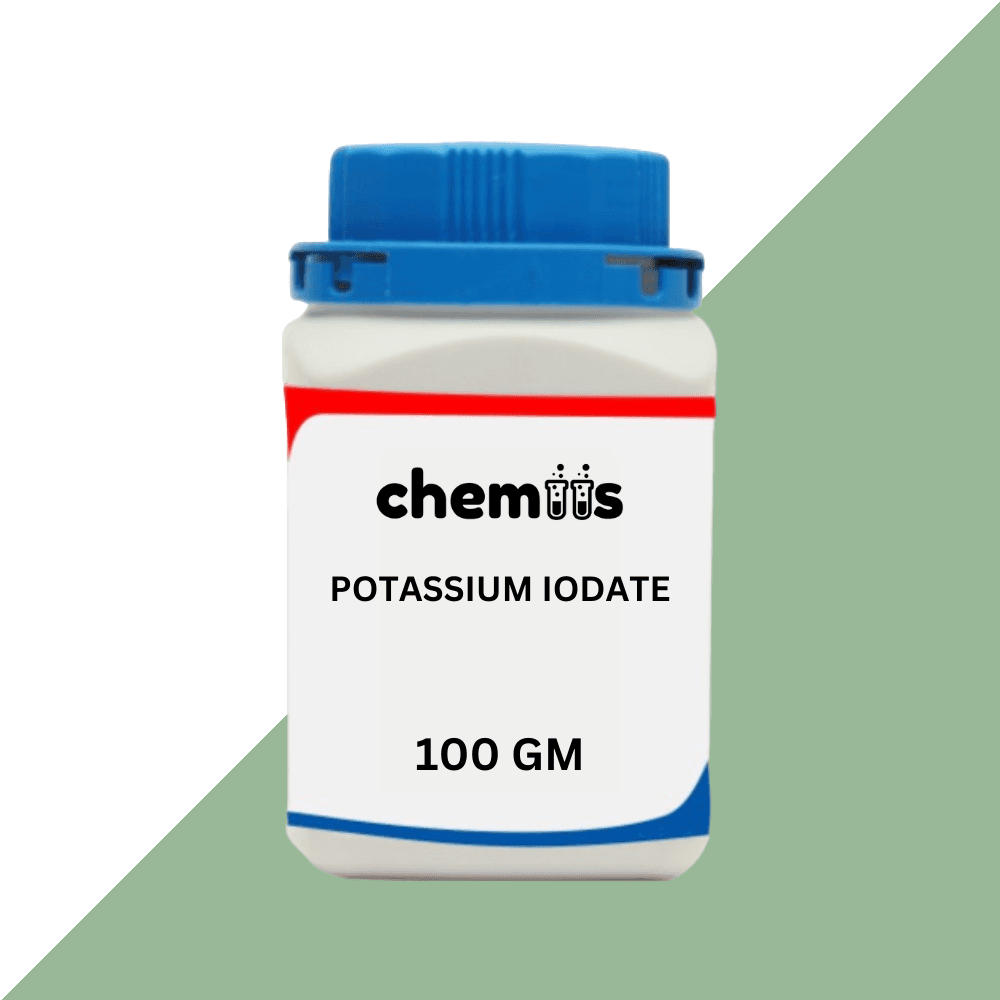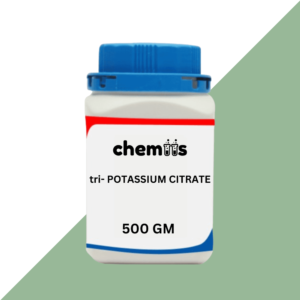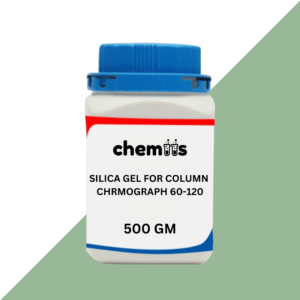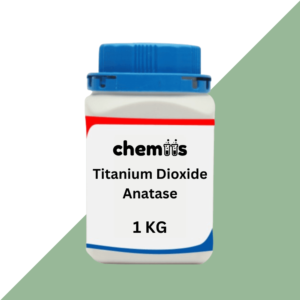Potassium Iodate (KIO3) is a white, crystalline, inorganic compound that serves multiple purposes in food, pharmaceuticals, and industrial processes. Known for its stability and strong oxidizing properties, Potassium Iodate is a key additive in food fortification and a reliable reagent in laboratory analysis.
Applications
1. Food Fortification
Potassium Iodate is a vital ingredient in addressing iodine deficiency disorders through salt iodization programs.
Uses:
- Added to table salt to produce iodized salt
- Ensures adequate iodine intake in populations
Benefits:
- Prevents goiter and other iodine deficiency-related diseases
- Enhances public health by providing essential nutrients
2. Pharmaceutical Industry
Potassium Iodate is used in medical preparations for iodine supplementation and as an antiseptic.
Uses:
- Iodine source in supplements and medications
- Antiseptic in medical formulations
Benefits:
- Supports thyroid health and hormonal balance
- Provides a stable iodine compound for medical use
3. Analytical Chemistry
As a strong oxidizing agent, Potassium Iodate is employed in various laboratory analyses and titrations.
Uses:
- Standardization of solutions in redox titrations
- Analytical reagent for chemical testing
Benefits:
- Ensures accuracy and precision in analytical procedures
- Reliable for quantitative and qualitative chemical assessments
4. Industrial Applications
Potassium Iodate plays a role in chemical manufacturing and specialized industrial processes.
Uses:
- Oxidizing agent in chemical reactions
- Ingredient in specialty chemical formulations
Benefits:
- Enhances reaction efficiency in industrial applications
- Stable and easy to handle
Safety and Handling
Hazards
Potassium Iodate is an oxidizing agent that can react with combustible materials. Ingestion in large quantities or prolonged exposure can pose health risks.
Precautions
- Personal Protective Equipment (PPE): Always wear gloves, safety goggles, and protective clothing.
- Storage: Keep in a cool, dry place away from combustible materials, heat sources, and incompatible chemicals.
- Handling: Use appropriate tools and avoid contact with skin and eyes.
First Aid Measures
- Skin Contact: Wash thoroughly with soap and water. If irritation occurs, seek medical attention.
- Eye Contact: Flush eyes with water for at least 15 minutes. Seek immediate medical assistance.
- Inhalation: Move to fresh air and consult a doctor if symptoms persist.
- Ingestion: Rinse mouth with water. Do not induce vomiting. Seek medical help immediately.
Environmental Considerations
Avoid releasing Potassium Iodate into waterways, as it can be harmful to aquatic life. Dispose of it according to local environmental regulations.







Shruti Bhandari (verified owner) –
Good service.
Neha Kaur (verified owner) –
Nicely organized website.
Ananya Joshi (verified owner) –
Truly professional approach.
Harsh Vardhan (verified owner) –
Clean and clear instructions.
Sheetal Mehrotra (verified owner) –
Clean and clear instructions.
Rahul Verma (verified owner) –
Professional service.
Nivedita Gopal (verified owner) –
Genuine products.
Kavita Nair (verified owner) –
Easy to find what I wanted.
Zoya Merchant (verified owner) –
Received in perfect condition.
Pooja Sinha (verified owner) –
Clean and clear instructions.